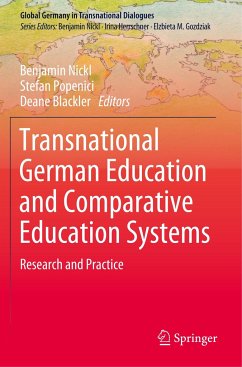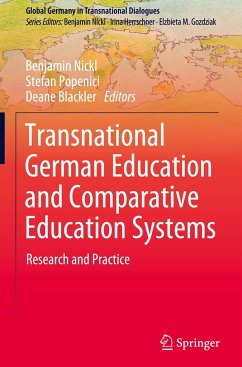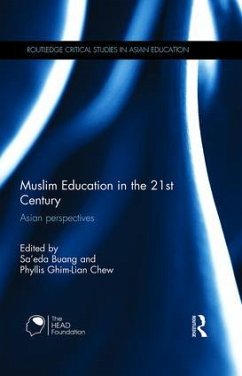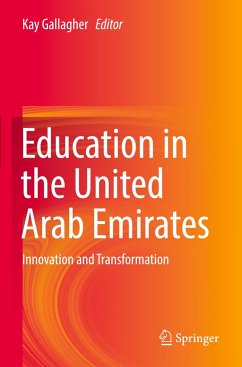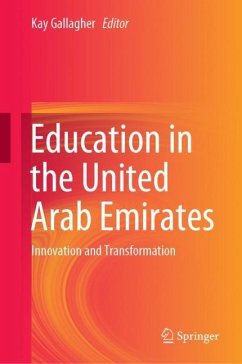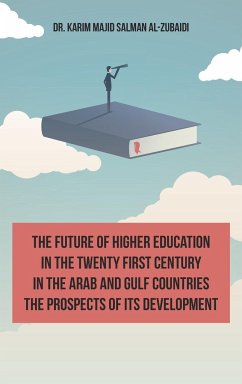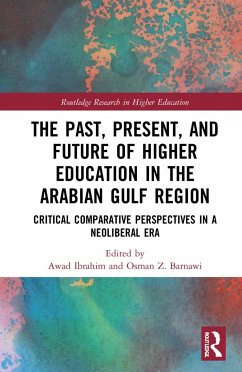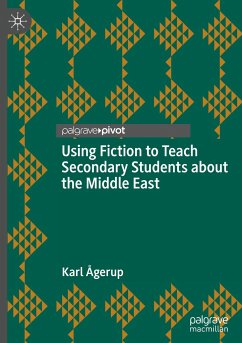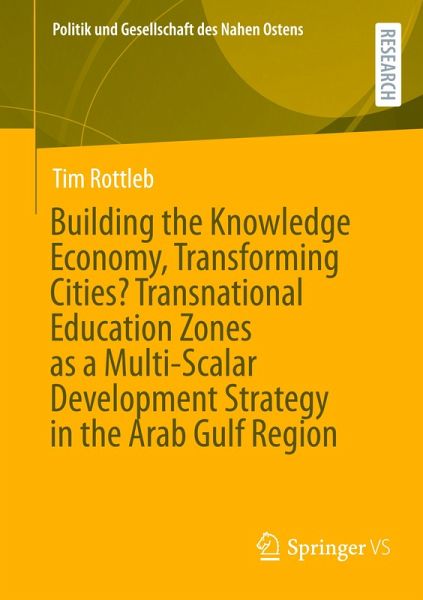
Building the Knowledge Economy, Transforming Cities? Transnational Education Zones as a Multi-Scalar Development Strategy in the Arab Gulf Region

PAYBACK Punkte
38 °P sammeln!
This book explores the strategies of governments in Doha, Dubai and Ras al-Khaimah in the Arab Gulf to attract offshore campuses of foreign universities. These campuses, predominantly Western, are drawn by policies creating transnational education zones (TEZs) that offer infrastructures, legal exceptions and administrative benefits, while evoking vibrant international academic communities. Governments expect TEZs to develop local higher education and drive economic transformation towards knowledge-based economies. Adopting a cultural political economy perspective, the book integrates insights ...
This book explores the strategies of governments in Doha, Dubai and Ras al-Khaimah in the Arab Gulf to attract offshore campuses of foreign universities. These campuses, predominantly Western, are drawn by policies creating transnational education zones (TEZs) that offer infrastructures, legal exceptions and administrative benefits, while evoking vibrant international academic communities. Governments expect TEZs to develop local higher education and drive economic transformation towards knowledge-based economies. Adopting a cultural political economy perspective, the book integrates insights from urban and economic geography with debates on the Gulf's political economy and transnational higher education. Through qualitative interviews and document analysis, it reveals how governments leverage the zones and their offshore campuses to generate contingent skilled labour and position their cities as international education hubs. This work highlights how governments, driven by the economic imaginary of the knowledge-based economy, create exceptional spaces to navigate the global-local dynamics of transnational higher education.





